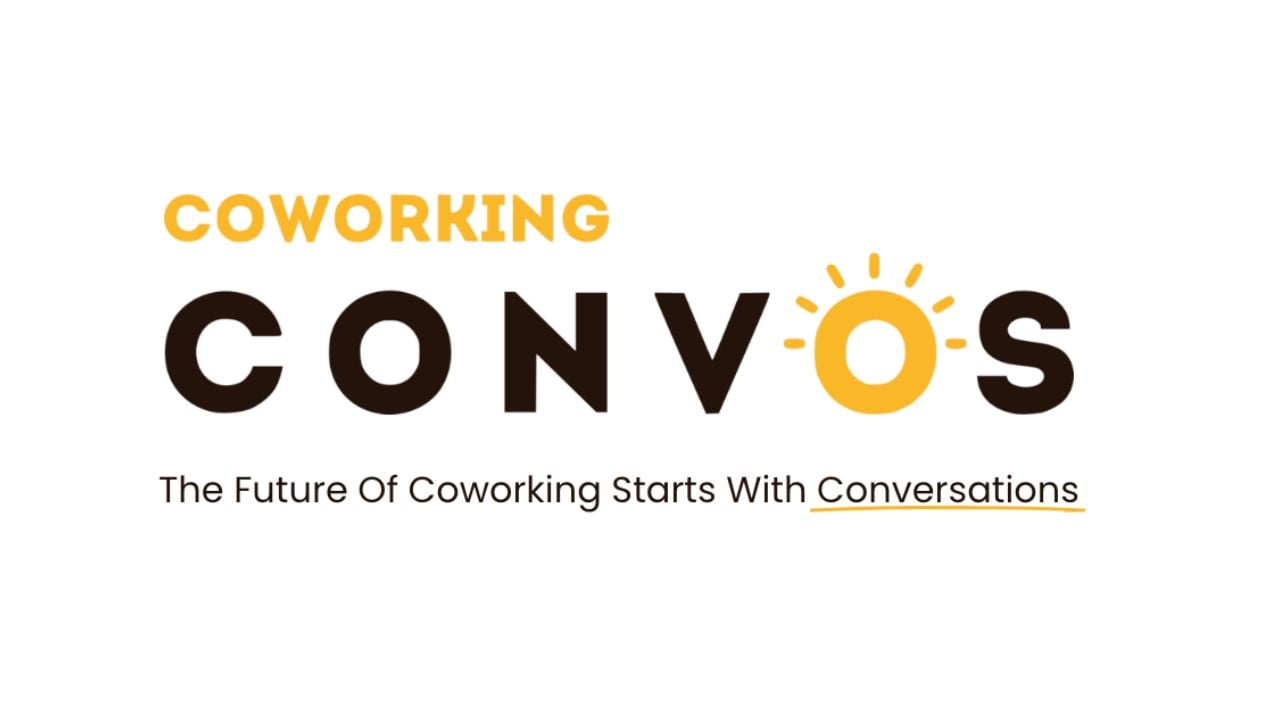Global research advisory firm Gartner has provided insight into what to expect from the future of work in a post-COVID world. Its analysis is based on three categories, including accelerating trends, new impacts that were not part of prior future of work discussions and short-term changes, or pendulum swings.
“It is critical for business leaders to understand the large-scale shifts that are changing how people work and how business gets done,” said Brian Kropp, chief of research for the Gartner HR practice. “Then, they must apply this knowledge to their specific organization so they can alter their strategy accordingly.”
Gartner has found that 48% of workers will use remote work arrangements for at least part of the time after the pandemic, compared to 30% pre-pandemic. Additionally, 74% of CFOs are expected to increase their remote working capabilities after lockdowns are lifted.
Companies will increasingly use data analysis to track employee activities, such as clocking in and out, computer usage, emails and internal communications.
Employers will also make sure they are becoming more empathetic of their employees’ mental health by expanding health care coverage and financial health support during and after pandemic. This also falls in line with ensuring that staffers are supported by creating an inclusive work community.
In terms of unexpected changes, companies will be redefining what critical roles mean and how employees can be ready to take on these new roles.
As workers slowly come back to the workplace, companies will need to redesign their spaces that abide by strict cleaning and sanitation protocols, as well as physical distancing guidelines.

 Dr. Gleb Tsipursky – The Office Whisperer
Dr. Gleb Tsipursky – The Office Whisperer Cat Johnson – Coworking Marketing Maven
Cat Johnson – Coworking Marketing Maven Angela Howard – Culture Expert
Angela Howard – Culture Expert Drew Jones – Design & Innovation
Drew Jones – Design & Innovation Andrea Pirrotti-Dranchak – Competitive Advantage
Andrea Pirrotti-Dranchak – Competitive Advantage Jonathan Price – CRE & Flex Expert
Jonathan Price – CRE & Flex Expert Jeremy Fennema – Tech Innovation Alchemist
Jeremy Fennema – Tech Innovation Alchemist












